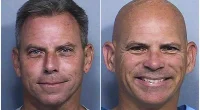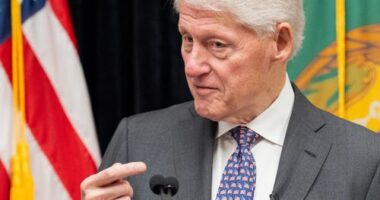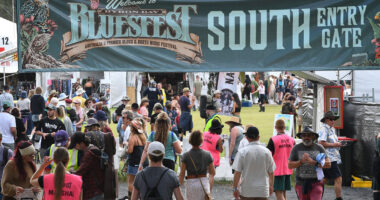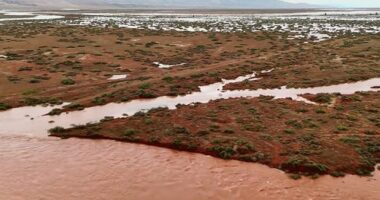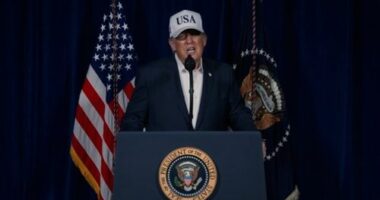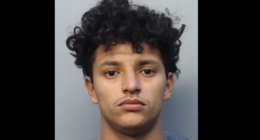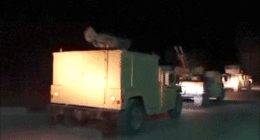Share this @internewscast.com
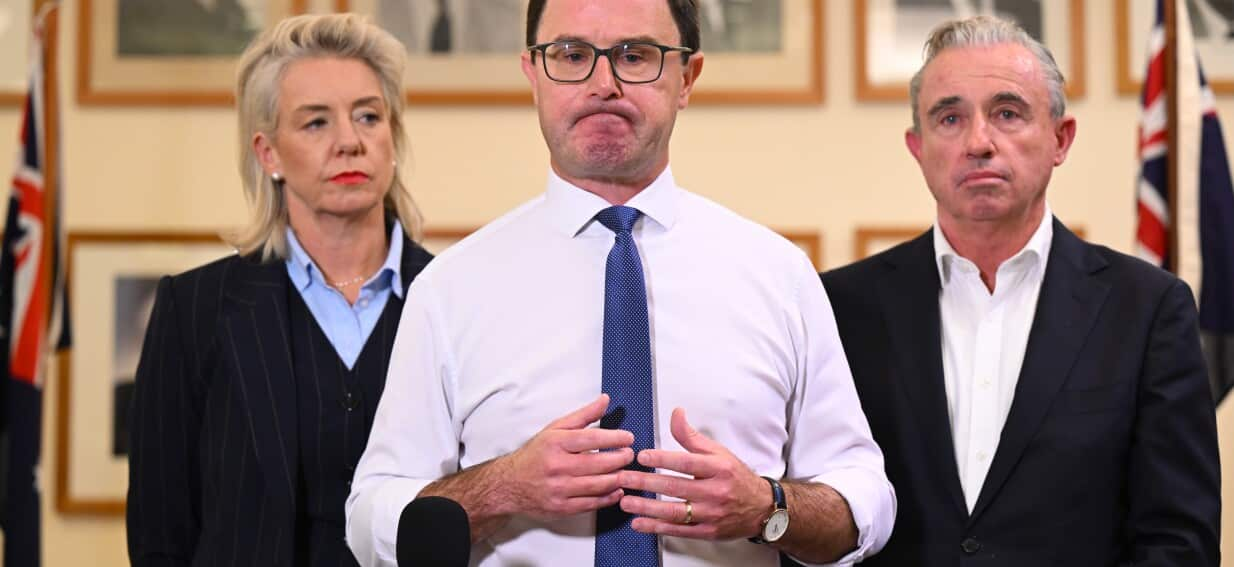
The Nationals have decided not to re-enter a Coalition agreement with the Liberals, as announced by the Nationals leader, David Littleproud.
On Tuesday morning, Littleproud and Liberals leader Sussan Ley had their second meeting to talk about forming a Coalition agreement, which is usually established after an election or change in leadership.
According to reports, Ley has been advocating for these discussions to emphasize frontbench duties based on each party’s representation in the Coalition, rather than policy stances.
Nevertheless, Littleproud stated that the Nationals “will stand independently on a matter of principle”.
He said the party could not “get comfort” on a number of issues, including nuclear making up part of the energy grid, $20 billion in regional funding and divestiture powers for supermarkets.
“I had a respectful conversation with Sussan Ley this morning, sat down, made it very clear that we remain committed to having the door open, respecting the position that Sussan has been put in,” he told reporters on Tuesday.
“They are going on a journey of rediscovery, and this will provide them the opportunity to do that without the spectre of the National Party imposing their will.”
The Nationals were also trying to carve out a guarantee that they would not be bound by Cabinet solidarity on the shadow cabinet, meaning they could vote against Liberals on policy positions. While this is allowed on the backbench, traditionally you have cabinet solidarity on the frontbench.
SBS understands that the vote to split was not unanimous, although it gained a majority within the party room.
Deputy Nationals leader Kevin Hogan highlighted that the party chose to pursue the principled position despite its members losing shadow ministry spots, and therefore higher salaries as well as resources, as a result.
The Nationals have been emboldened to make demands after they kept all their lower house seats and lost only one senator during the federal election. In contrast, the Liberals lost 12 lower house seats.
Littleproud said he had no intention to get in the way of the party “rediscovering who they are and what they want to be” under Ley’s leadership.
The Liberals and Country Party first formed government together in 1949 under then-prime minister Robert Menzies.
The Coalition has parted ways twice since it was first established. The most recent split occurred in 1987, when the Nationals left the Coalition for under six months before reconciling in time for that year’s federal election.
‘Not closing the door’: What’s next?
Littleproud emphasized that this is not the end of potential future Coalition talks, and he intends to have regular meetings with Ley to discuss the partnership’s prospects.
“That is why we have had a Coalition of over 80 years and I suspect we will have one in the future,” he said.
Littleproud said it was unhealthy for the Nationals to dictate another party’s policies and that just as he intends to represent regional Australia, the Liberals need time to decide what issues are important to them.
“At some point will trying to back together and make sure we give a cogent argument of the Australian people about an alternative to Anthony Albanese,” he said.
He confirmed the Nationals would contest the next federal election alone if an agreement with the Liberals could not be reached.
